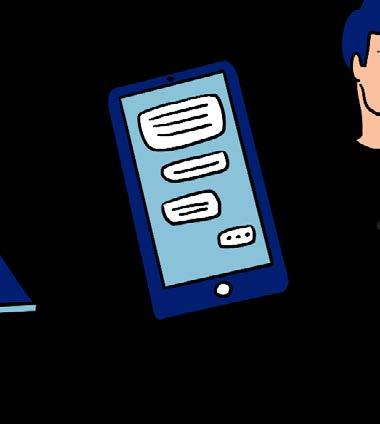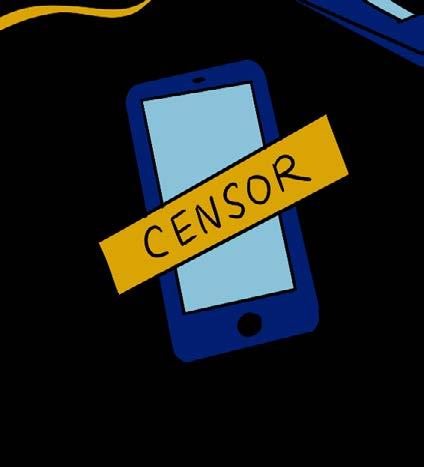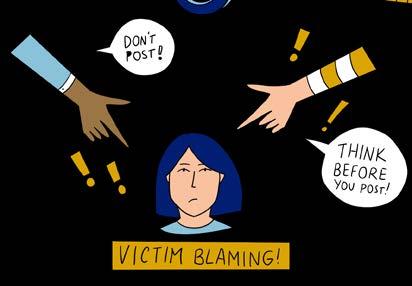Research Methodology
This project sought to close the gap that currently exists between academia, government, NGO’s, social enterprises and tech companies to establish what work is being done to support children and young people’s digital lives, identify the limitations of existing provisions and opportunities for potential collaborative solutions. To address this aim we developed the following research questions:
1. How can we better support children and young people’s wellbeing online?
What are the current risks and opportunities for children and young people online?
3. How can we have more constructive conversations with children and young people about their online lives?

4. Why is it still difficult to have conversations with children and young people?
5. How can we transform online safety education?

To answer our research questions we conducted 23 unstructured interviews starting in December 2019 with academics, government officials, NGO’s, and social enterprises. Data underwent thematic analysis - themes were noted down as they appeared in the data and a coding scheme was developed.
Key Findings
Four themes were identified during the data analysis:
1. The Internet: “A powerful tool”?



2. Constructive Communication

Key recommendations
1. Create online safety educational resources that acknowledge and celebrate the opportunities and benefits of the Internet.
3. Enhancing Vulnerabilities by Responsibilising and Victim Blaming

4. Online Safety: Outdated Education?

Key areas for educators, youth services, law enforcement agencies, and policy makers to focus attention based on the
experts’ views and experiences:
2. Promote and foster positive, open and honest conversation between parents/carers/educational professionals and children and young people.
3. Reform the language used when supporting victims of online abuse.
4. Revise the terminology used for “online safety” education.

Conclusion
We found that the Internet can be particularly beneficial for vulnerable young people because it offers them the chance to join society, access support, build relationships, and express their creative interests. At the same time, vulnerable children and young people were also more likely to become victims of online abuse because they lacked adequate support structures offline.

Experts pointed out that it is often incorrectly assumed by parents/carers and educational professionals that because they cannot understand what young people are doing online they are unable to offer adequate support. However, experts encouraged parents/carers and educational professionals to view the Internet as a space that merely holds a mirror up to social behaviours, it does not create new behaviours that are unfamiliar. Intergenerational learning was recommended by experts as another way that we might address the purported lack of understanding many parents/ carers reported feeling.
Acknolwedgements
We would like to acknowledge and thank all the contributors to this project who kindly gave their time and invaluable knowledge and experience. Whilst it is not possible to reference all contributors, every interview is integral to the paper.
We wish to extend our thanks to the contributors listed below, and we also wish to extend our
sincere thanks to those who chose to remain anonymous.
Adrienne Katz, Youthworks
Vicki Shotbolt, Parent Zone
Lorin LaFave, Breck Foundation
Mark Bentley, LGfL
John Carr, OBE, UK Children’s Charities’
Coalition on Internet Safety
Kate Burls, CEOP, National Crime Agency
Rebecca Avery, The Education People
Peter Watt, Family Support
Rhiannon-Faye McDonald, The Marie Collins Foundation
Annie Mullins, OBE, The Trust and Safety Group
Claire Levens, Internet Matters
The Internet Watch Foundation

Alan Mackenzie, AACOSS
Alan Earl, AACOSS
Daisy Kidd, Tactical Tech
This research project is funded by the University of Warwick, Economic and Social Research Council Impact Acceleration Account.
Designed by Nifty Fox Creative, 2023.





 Dr Roxanne Bibizadeh & Prof. Rob Procter - University of Warwick
Dr Roxanne Bibizadeh & Prof. Rob Procter - University of Warwick













